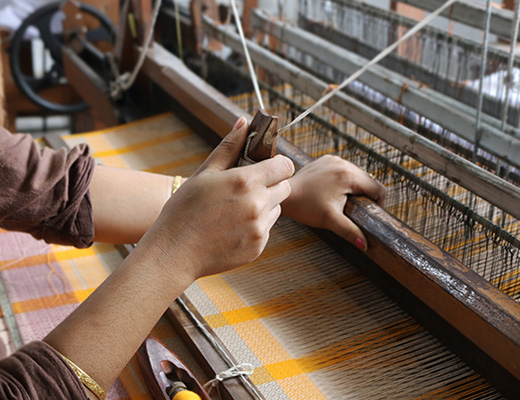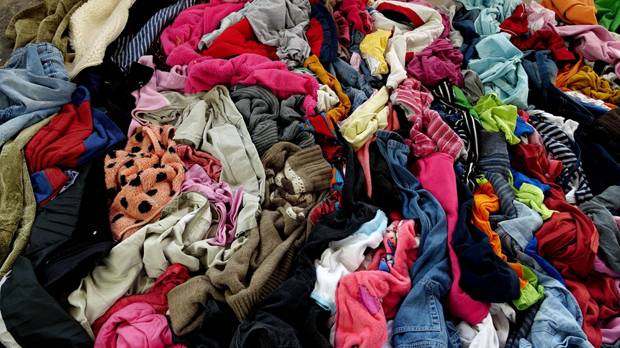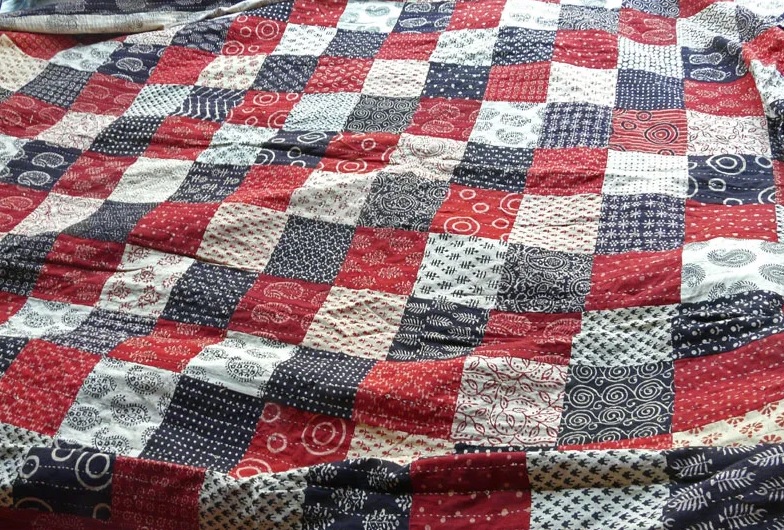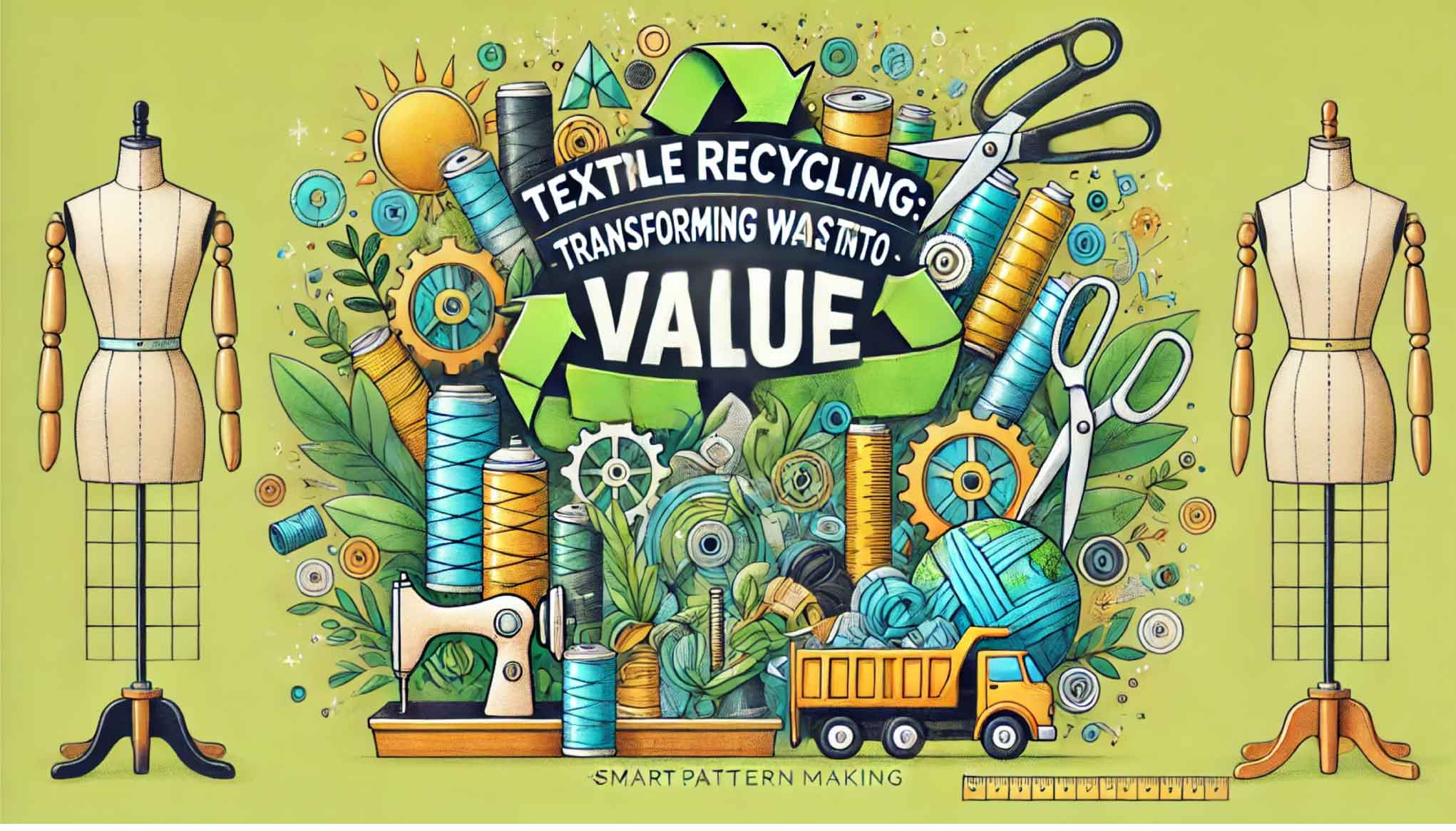General Department of Customs from Vietnam has urged garment exporters to adopt more sustainability in their operations, in line with increasing trends. This will help them tide over current global uncertainties. According to the statistics of the department, Vietnam’s garment exports declined 12.9 per cent to $27.7 billion in the first 10 months of this year while textile exports declined by 10.8 per cent to $3.65 billion.
However, in October, Vietnam’s textile exports increased by 4 per cent to $389 million while garment exports declined by 0.1 per cent.
At the global level too, garment and textile exports declined during the first 10 months of the year owing to a decrease in global aggregate demand driven by geopolitical tensions, global economic recession, rising inflation in major markets such as the US and the EU, and tightened monetary policies forcing consumers to cut spending, point out Dương Thuỳ Linh, Deputy General Secretary, Việt Nam Cotton and Spinning Association (VCOSA).
Vietnam’s garment and textile industry also suffers with growing demand for more sustainability and increased competition from exporters in Bangladesh and Myanmar. This has led to many textile companies narrowing their production scale to 50-80 per cent from the end of last year to the second quarter of this year. Though most producers resumed their full capacity from July this year, their export value is projected to drop by 10 per cent to $40 billion this year
Linh expects Việt Nam’s garment industry to benefit from cheap labor and new-generation free trade agreements (FTAs) signed with major markets. Phạm Văn Việt, Chairman, Việt Thắng Jean Company, affirms, despite low purchasing power, orders in the Vietnam market are gradually recovering to around 80 per cent for the last quarter of this year.
Nguyễn Thị Tuyết Mai, Deputy General Secretary, Việt Nam Textile and Apparel Association, adds, many local producers continue to face difficulties in meeting sustainability standards. However, several fibre producers met international standards such as Global Recycle Standard, Oeko-Tex and BCI, and were switching to using organic cotton, natural fibres and renewable energy in production, Linh adds.











